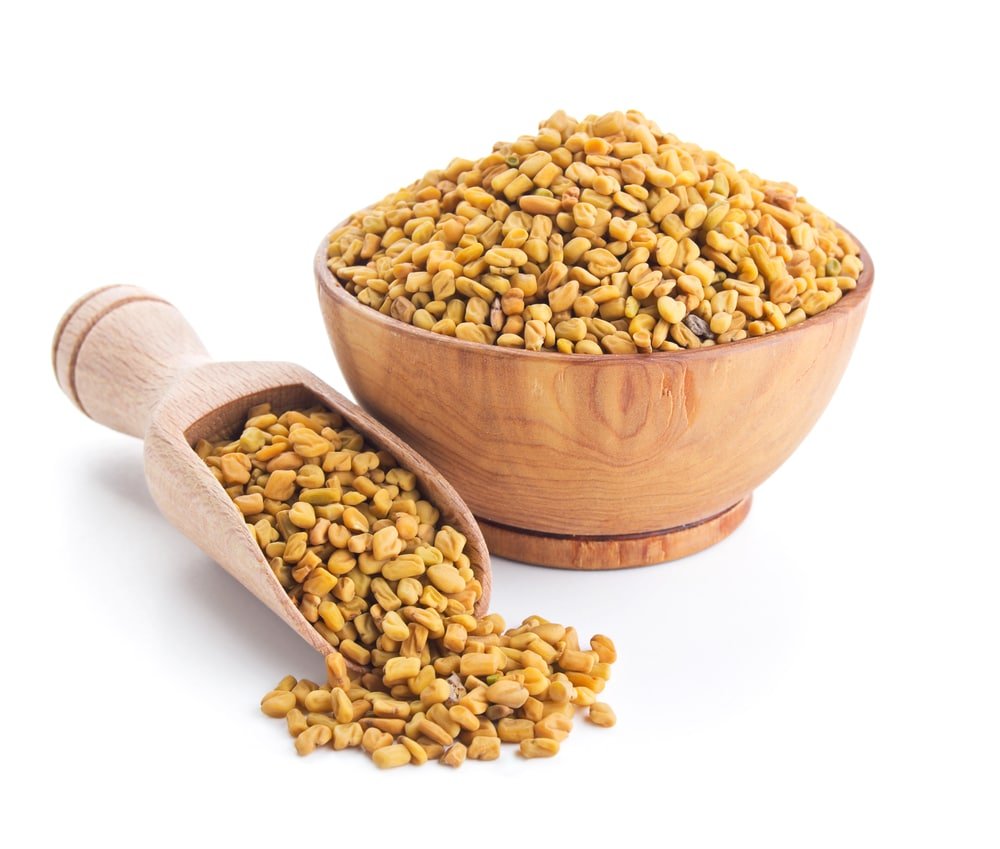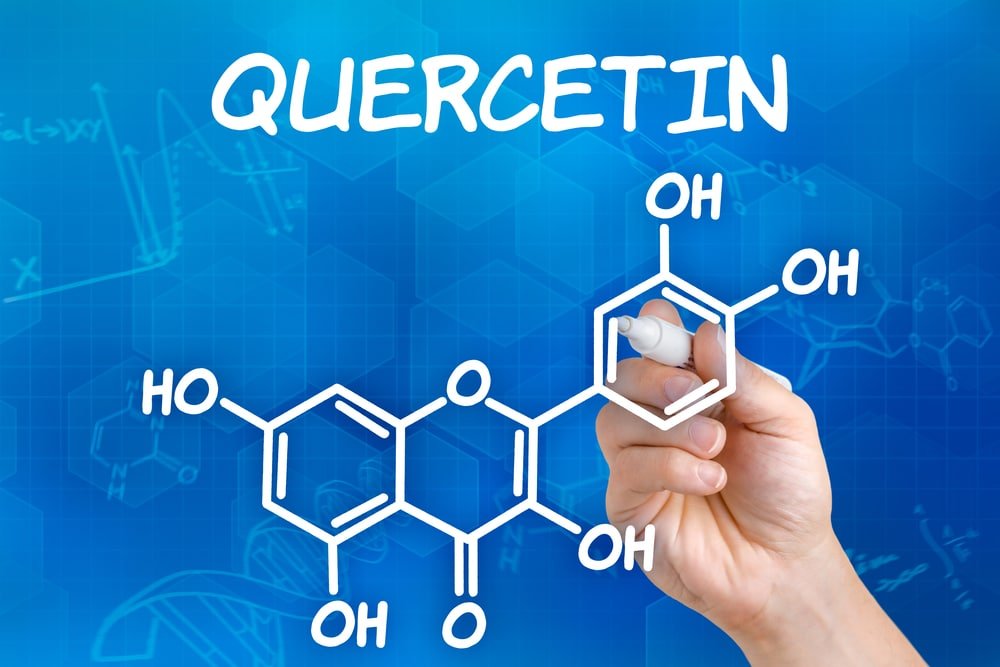Essential vitamins for a healthy pregnancy includes folic acid, iron, vitamin D, vitamin A, vitamin b12, vitamin C, vitamin K, calcium, and iodine.
Pregnancy can be an extremely frustrating time for the soon to be mother, being rife with various aches and pains, not to mention an emotional roller coaster. Regardless, every mother wants the best for her unborn child, which is why she is willing to go through so much in order to ensure a healthy baby is born.
What many mothers do not anticipate is the increased demand for nutrients that pregnancy requires. This is especially true if you are a first-time mom, having no experience of what to expect. In general, the baby gets all of his nutrition from the mother, which means that you are the one likely to experience symptoms of a deficiency.
This is why you are advised to consume an effective prenatal supplement throughout pregnancy, giving both your baby and yourself the nutrients needed. Wondering what the most important vitamins are during pregnancy? Let’s check them out now.
11 Important Vitamins For Pregnancy
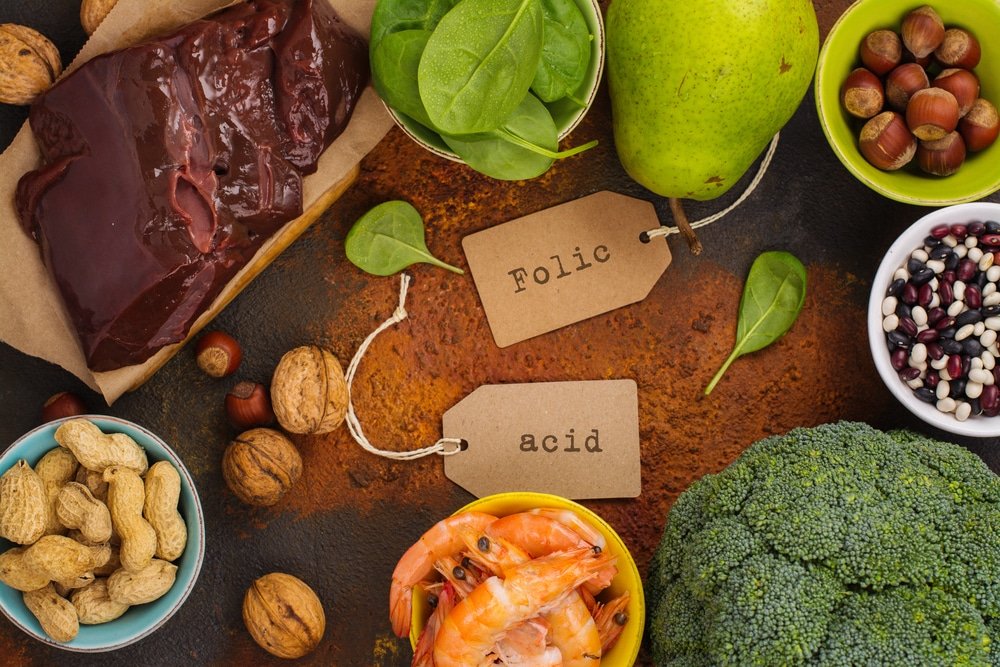
1. Folic Acid
Folic acid is the single most advocated for vitamin during pregnancy, as it can help to ensure normal development of your baby. Folic acid is a member of the B vitamin family, and can be obtained naturally from a number of foods we consume, especially dark leafy vegetables.
Regardless, supplementation is advised in order to ensure that you are hitting your requirements for this vitamin on a daily basis. Taking folic acid is especially important during the first trimester of pregnancy, as it can help to prevent neural tube defects from occurring.
Folic acid also plays a role in the prevention of congenital heart disease, and is advised to be consumed months in advance of an anticipated pregnancy. Women with a history of birth defects are advised to take a much higher than average dose, starting at around 4000 µg, compared to 400 µg for normal women.



2. Iron
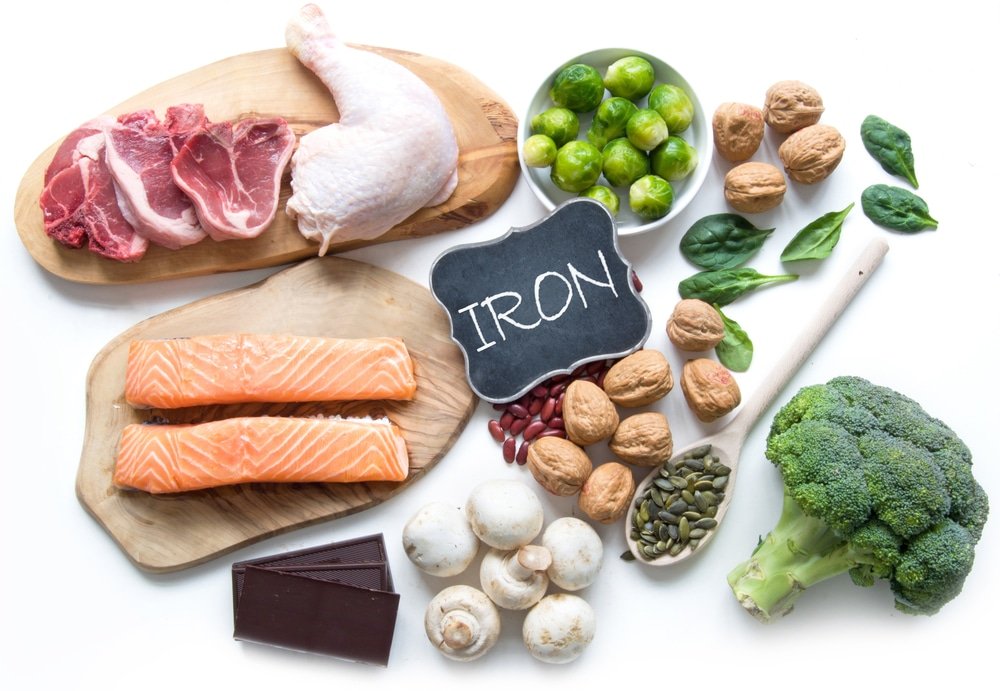
While iron is not a vitamin, but rather a mineral, its importance ranks right up there with folic acid, but for a different reason. Iron is critical in the production of red blood cells, as a pregnant woman has a higher blood volume than a non-pregnant individual. Coupled with the fact that her baby will also need to start synthesizing their own blood, you can see why the need for iron is so important.
Of course, this is only one reason why iron is important during pregnancy. It also helps ensure that your baby goes to term, which means no premature delivery, can also improve your resistance to infection, and ensure that you do not experience profound fatigue while fetching around an extra 20 pounds or more during your pregnancy.
You can get dietary iron from various meat, as well as some vegetables and fruits, but it is advised to either consume a supplement that has vitamin C in it, or have your meals with vitamin C containing foods to enhance its absorption.
3. Vitamin D
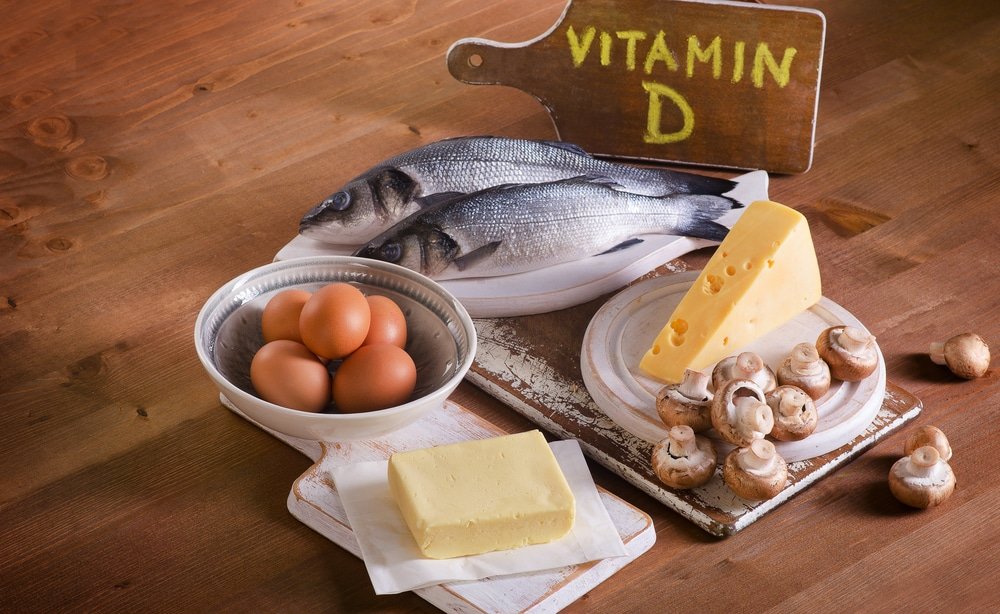
Most people get sufficient vitamin D from daily exposure to the sun, though if you live in area with limited access to the sun, it is very important that your prenatal vitamin contains enough of it. It is advised that you consume 600 IU of vitamin D daily while pregnant, as it helps to ensure efficient absorption of calcium.
Your baby’s developing bones need calcium in order to prevent serious bone related disorders during pregnancy, such as osteomalacia. Vitamin D also supports the immune system and can keep you infection free during your pregnancy.
If you consume dairy, most products come fortified with vitamin D, but alternately you can also get it from fatty fish such as tuna or salmon.
4. Vitamin A
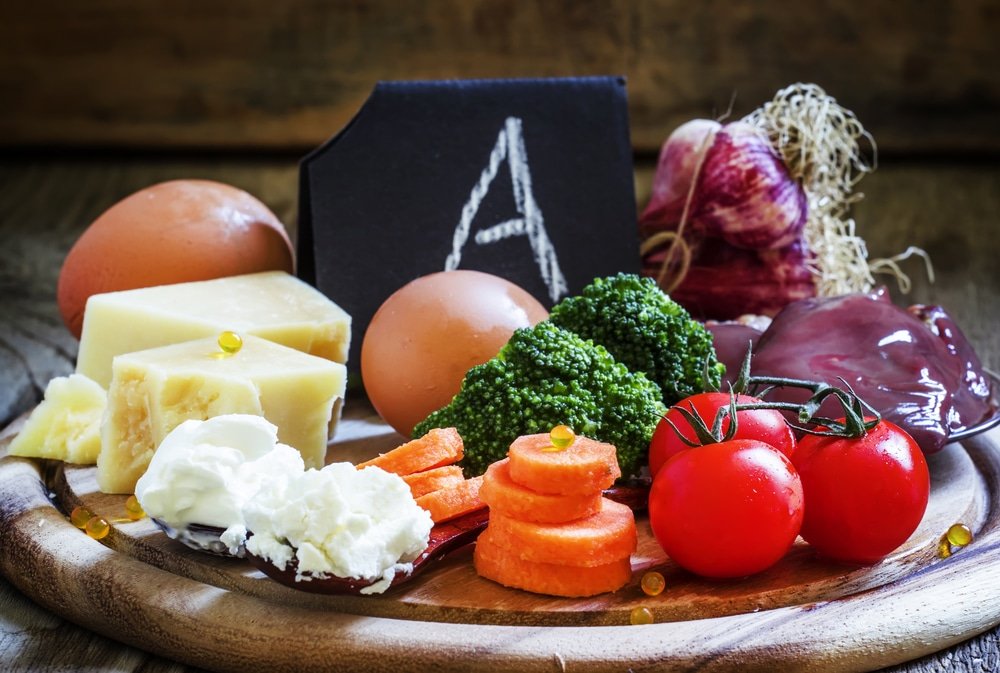
Vitamin A is much more important than for eye health during pregnancy, as it can help reduce the risk of spontaneous abortions, premature births, anemia or even maternal death. With such a long list of functions, why would you risk not consuming a supplement with vitamin A?
Vitamin A can also help prevent vision related defects in the fetus, and helps enhance overall immunity. Not to mention it plays a role in ensuring normal development of the spinal cord and structures within the ear. During pregnancy, a daily intake of about 800 µg is advised. Be careful about taking large amounts, as toxicity may result.
5. Vitamin B12
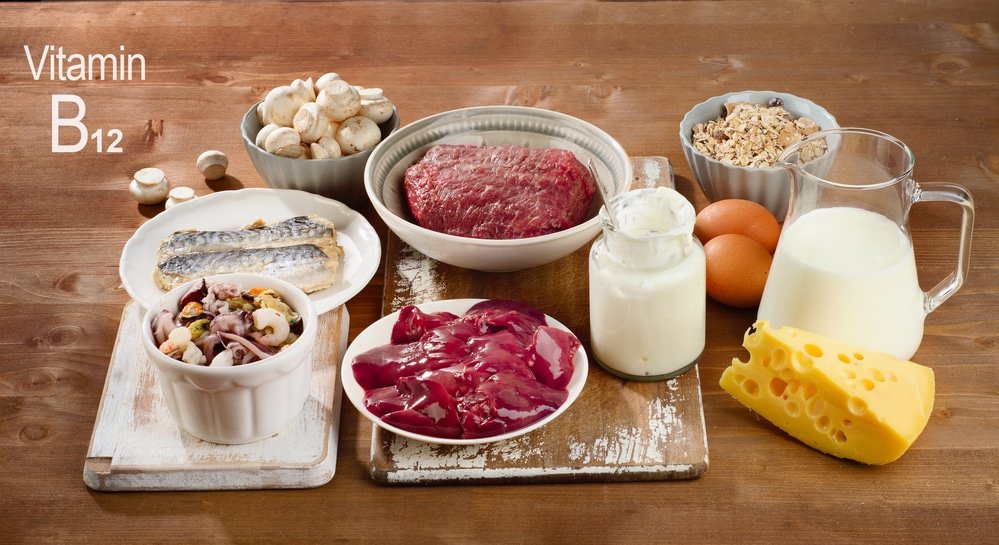
Another member of the B family of vitamins, this one plays an important role in the production of red blood cells, as well as for normal DNA replication, and neurological health. Vitamin B12 is also associated with helping to combat fatigue, as anemia may decrease the oxygen-carrying potential of blood to the cells that need it.
A pregnant woman requires approximately 2.6 µg of B-12 daily, and even more when breast-feeding. The good news about B-12 is that it is water-soluble, and there is no immediate risk of short-term overdose.
Good sources of B-12 include dairy, eggs and a variety of other meat, but a supplement is advised to ensure daily intake.
6. Vitamin C
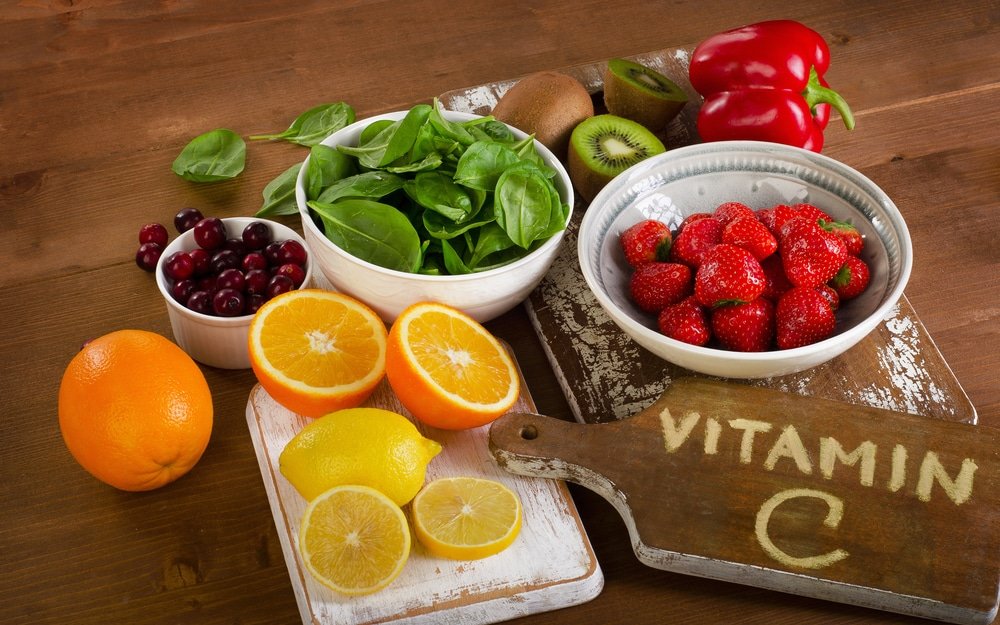
While vitamin C’s importance remains high during pregnancy, there is a vast difference in how much can be safely tolerated, when compared to a non-pregnant individual. During pregnancy, the safe recommended intake is about 85 to 100 mg, as higher doses have been associated with preterm birth.
Compared to non-pregnant persons who can safely take 1000 mg and more without adverse effect, it is best to get your vitamin C during pregnancy from an approved prenatal vitamin, or from dietary citrus.
Vitamin C helps ensure oral health of a pregnant woman, and is needed for production of the structural protein collagen. The fetus may also utilize a large amount of dietary vitamin C for the process of hemo dilution, whereby an adequate blood volume is established. Another potential benefit of getting this recommended amount of vitamin C during pregnancy is for the prevention of preeclampsia, although this benefit is currently investigational.
7. Vitamin K
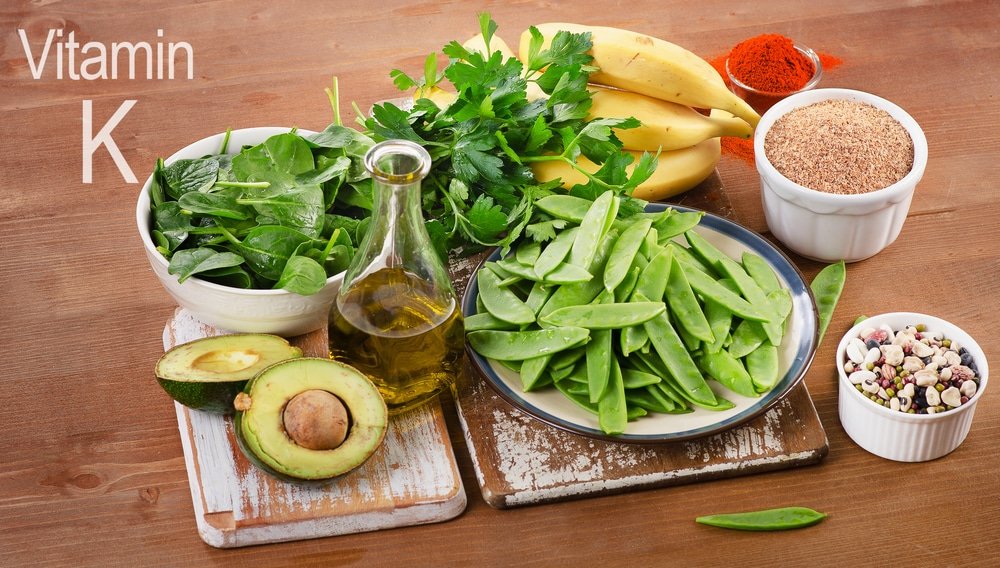
Vitamin K is one of the lesser-known vitamins, whose importance is usually skimmed over. The good news is, during pregnancy you do not need more than the standard 60 µg daily recommended to all adults, but ensuring that you do get it can help prevent bleeding disorders during delivery which can greatly decrease maternal death.
The best sources of vitamin K include dark leafy vegetables such as spinach, though most prenatal vitamins contain some amount of it as well.
8. Calcium
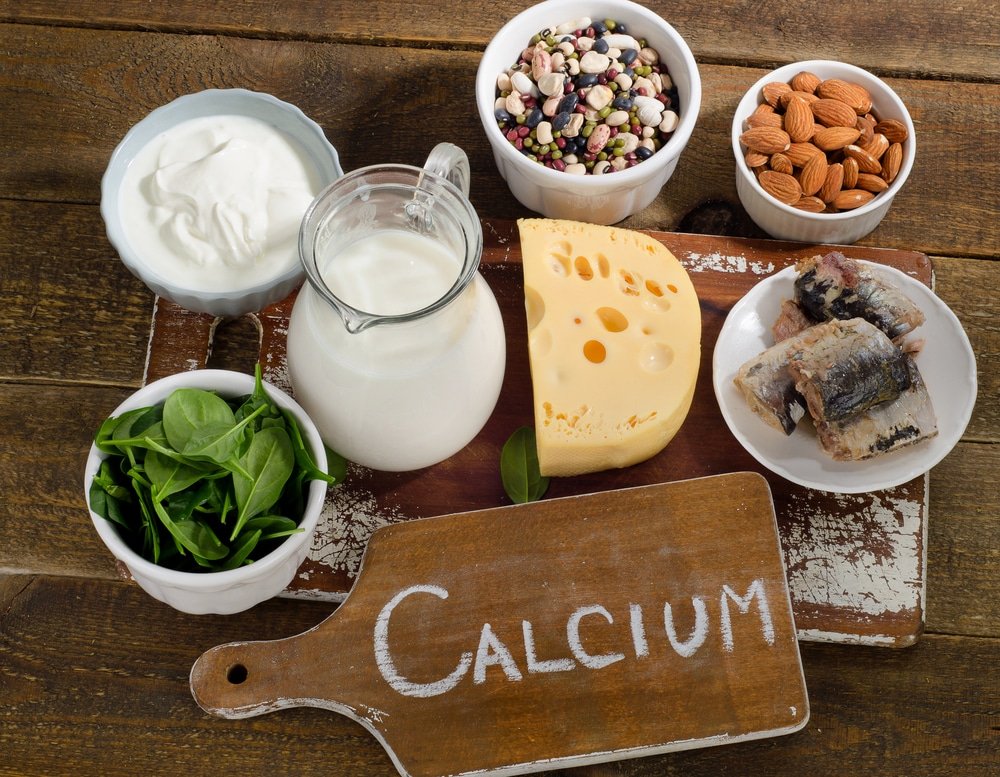
Another mineral, but whose importance is critical during pregnancy as well, more so to the mother than to the unborn child. The fetus gets its calcium regardless of the source, which means that if you are not consuming enough during pregnancy, it will leach from your bones and go towards ensuring the child gets enough. This can have serious repercussions as you age, greatly increasing your risk of osteoporosis, kidney disease and other calcium related disorders.
1000 mg of calcium daily is usually sufficient to safeguard your health, and ensure your baby gets plenty. Supplementation is not usually advised, unless you do not consume foods that are naturally rich in this mineral.
9. Iodine
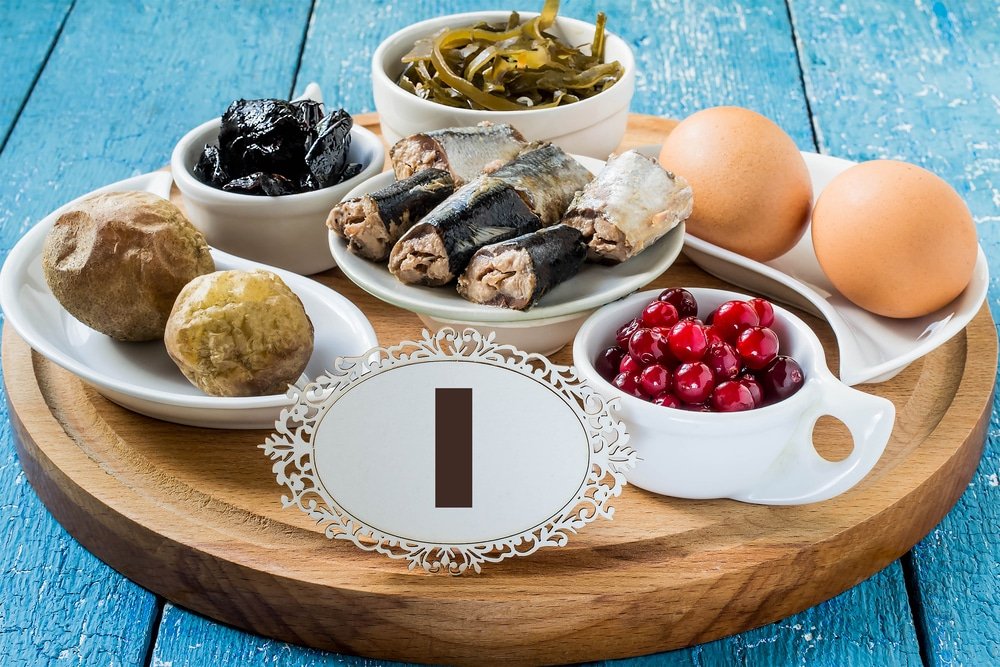
Iodine is an important micro-mineral which plays roles in metabolism, growth and overall normal cellular development. During pregnancy, a deficiency of this mineral can contribute to negative outcomes such as genetic deformities, stillbirths, or mental retardation in seemingly healthy babies.
Recommended daily intake of about 220 µg daily is advised, either through iodized salt consumption, or in prenatal vitamins.
Conclusion
There are many other important nutrients that you should be getting in your diet while pregnant, even though they aren’t classified as vitamins or minerals per se. for example, the omega-3 fatty acid DHA is excellent for brain development.
The key is to use a comprehensive pre-natal vitamin supplement, in addition to having a balanced diet loaded with nutrients.



Join the 7‑Day “Better Gut” Plan
Pop in your email and we’ll send Lesson 1 + the printable list.






